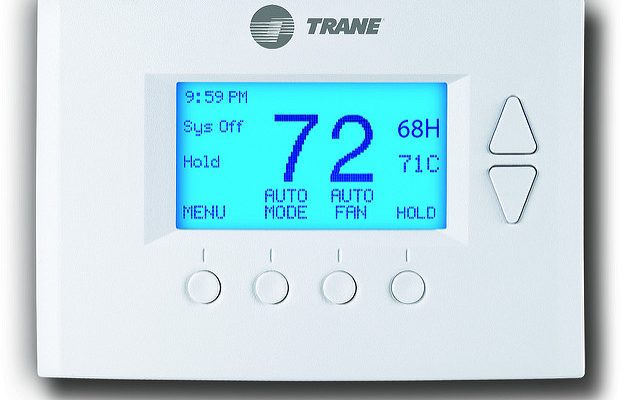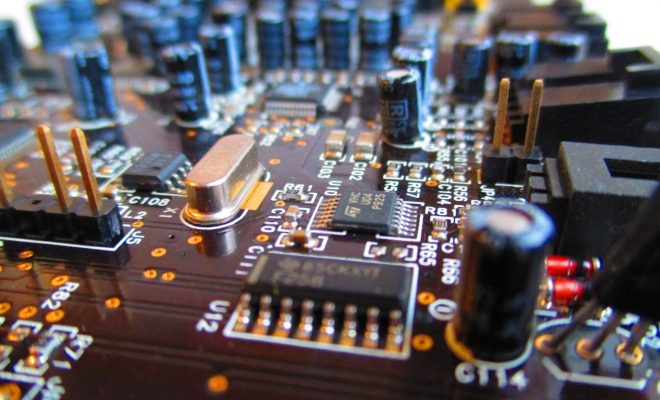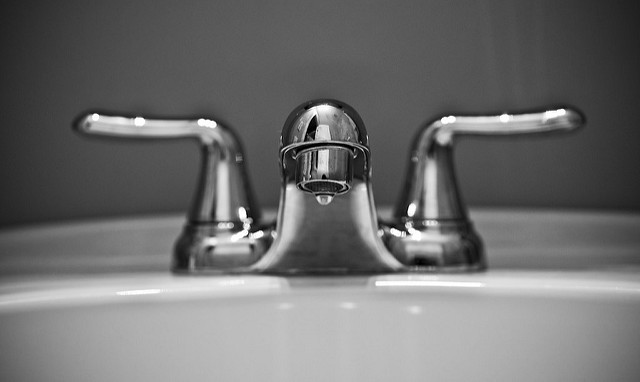The Pros and Cons of Adding a Smart Thermostat to Your Home

If you are seeking energy savings, comfort, and convenience, you may be in the market for a smart thermostat, but are they worth the switch?
Smart thermostats will regulate your home’s temperature, while collecting data about your energy use. In some cases, these devices will remind you to change your HVAC system’s air filter or send an alert when a potential malfunction occurs.
Smart thermostats are offered in a variety of sleek, digital touchscreen displays, making customizable energy management easy. These devices appear to be a natural choice for home heating and cooling comfort, but how do they compare to traditional alternatives?
The Pros of Smart Thermostat Installation
With technology moving at a rapid pace, modern advances can seem overwhelming. Traditional thermostats offer a simple, functional design, which makes them straightforward to use. When considering smart thermostats, how do they compare and what variables should you consider?
Smart thermostats allow you to monitor your energy efficiency. This monitoring will help you become more mindful of your current usage, regardless of the season, and help you save money. You can view your energy consumption in real time via your smartphone. When you have an A-rated appliance alongside your smart thermostat, this pairing will enhance energy efficiency further.
You’re able to control the temperature remotely, anytime, anywhere. Having a late day at the office? You can program the smart thermostat to reach the desired temperature for when you walk in the door. Smart thermostats can also track your patterns: These clever devices will also learn your behaviors and regulate your heating and cooling accordingly.
The design and functionality of smart thermostats are superior to their traditional counterparts. Offering a variety of stylish, intuitive interfaces, this alternative offers advanced features. For example, these devices offer compatibility with a variety of HVAC systems and support both style and convenience.
The Cons of Using a Smart Thermostat
Smart thermostats help you conserve energy while saving you money. However, given the price point for some of these sophisticated home devices, you may want to consider when you will receive a return on your investment. This consideration is particularly true for renters.
Smart thermostats are more complicated to install than conventional thermostats, and they may require a specialized technician. Technical issues are also often harder to deal with, often requiring expert assistance.
Many models on the market are compatible with Wi-Fi networks and smartphones, making them more complicated to use. The added features can make operating them more difficult for certain demographics, including older adults. Without proper control and assistance, the smart thermostat won’t be set up to reduce energy usage, and it may end up being counterproductive.
For anyone who is energy or environmentally conscious, a smart thermostat is a great purchase, but only if you intend to track your energy consumption. To help lower your carbon footprint and boost energy savings, keep in mind that you will also need an updated home HVAC system to coincide with your smart thermostat.








